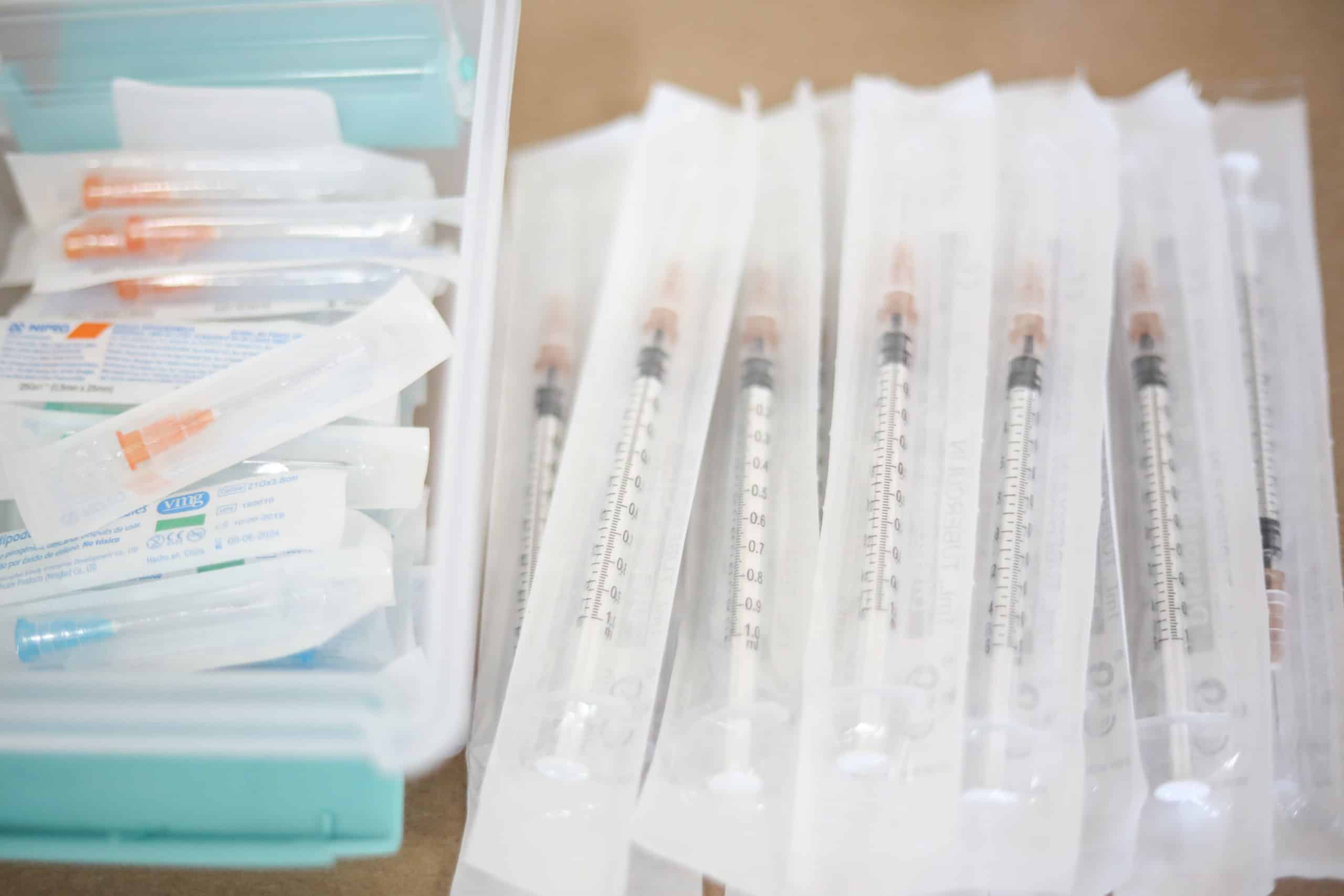Costa Rica declined to purchase Covid-19 vaccines from the Chinese laboratory Sinovac, citing that they are less than 60% effective against symptomatic coronavirus infection.
The National Commission of Vaccination and Epidemiology (CNVE) of Costa Rica recommended stopping negotiations for the purchase of doses from that laboratory, since, according to what is indicated by the World Health Organization (WHO), it only offers an efficacy of 51 % against symptomatic infection.
“It is a vaccine that does not have an effectiveness greater than 60%, which is required by the Ministry of Health. In addition, it still does not have the peer review of the clinical studies that support the authorization provided by the WHO,” said the Secretary of the CNVE, Dr. Roberto Arroba.
On the other hand, although the Costa Rican government will not buy vaccines from the United States company Johnson & Johnson, the country has now endorsed their use. They can be received through donations, as long as they meet quality standards, or by the Covax international distribution mechanism, Arroba added.
According to the WHO, the Johnson & Johnson vaccine does offer 66.9% protection against moderate symptoms of Covid-19 and 85.4% against severe symptoms and hospitalization.
Wednesday, Costa Rica could not accept a batch of 1,500 vaccines from that laboratory offered by a Florida hospital, as the regulations in force in the United States do not allow third parties to make donations of goods that have been financed with federal resources, according to Casa Presidencial, by means of a press release.
Until now, the Costa Rican government only has agreements signed with the US-German alliance Pfizer/BioNTech and the Anglo-Swedish AstraZeneca, which have already sent more than 2.5 million doses to the country, of which approximately 2.1 million have already been applied.
In Costa Rica, according to data provided by the Ministry of Health, 1.4 million people already have the first dose of one of these two brands, while 741,000 have the complete immunization scheme, which corresponds to 14% of its population. Such a percentage places it in third place in Latin America, behind Chile and Uruguay.






